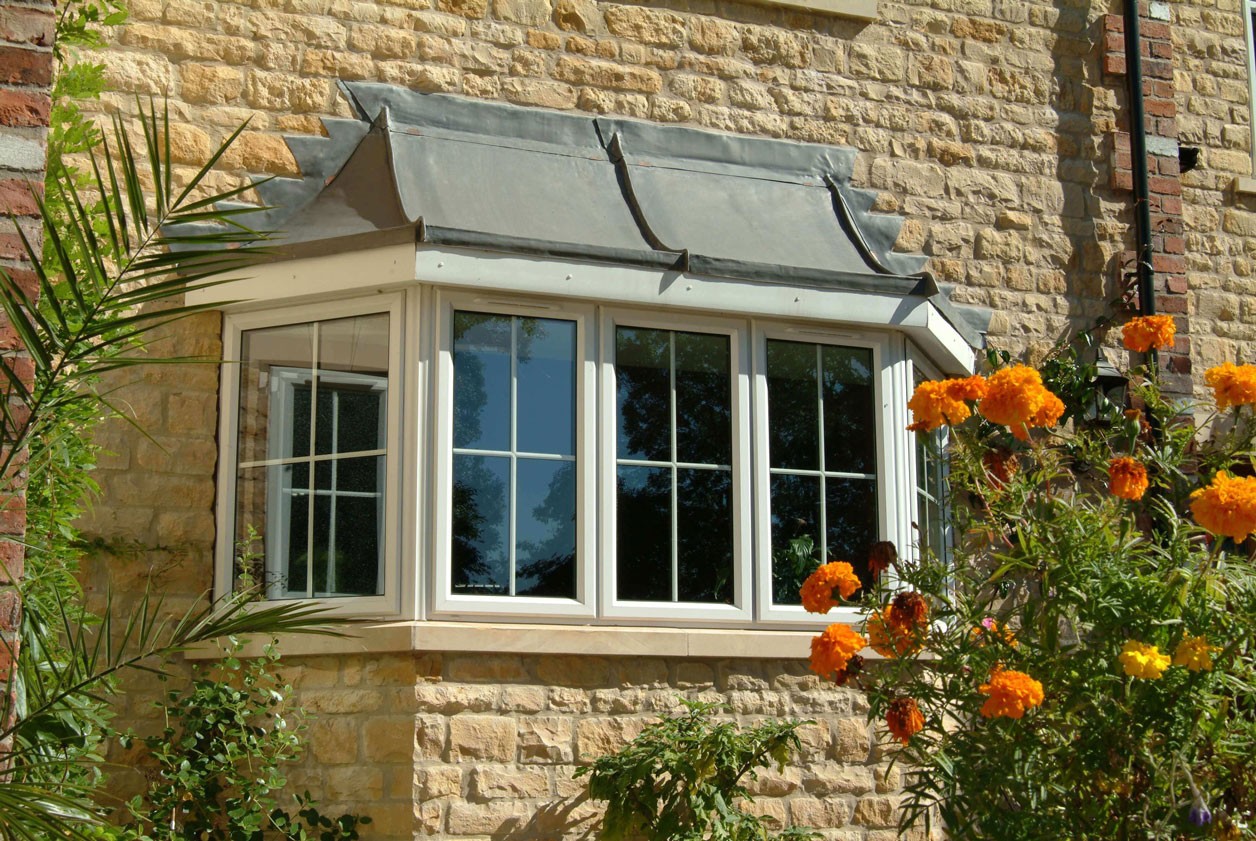Recently, there has been a tremendous campaign for individuals to be more conscious of the environment. Personal changes have been made to include beneficial processes like recycling, using energy-efficient appliances, and proper waste disposal. Through collective effort, people managed to make a positive impact on the ecosystem.
However, little attention has been given to a major contributor to environmental destruction: businesses. Because saving the environment has been attributed to individual lifestyle changes, organizations did not consider participating in the movement.
Most businesses focus on investing in profit-making strategies and pay no mind to environmentally-friendly practices. This is largely because they believe being more eco-friendly is difficult and expensive, with a low return on investment.
Truthfully, becoming more conscious of the environment does not have to be complicated. Making the simplest changes makes operations eco-friendlier while saving more money from a business perspective.
Organizations can improve various areas, but it all starts with energy efficiency.
Businesses consume more energy than the average household. Nearly all firms have offices equipped with all sorts of computers, appliances, and systems. Certain industries, like manufacturing and chemical processing, have large and energy-hungry machinery used in daily operations. If these companies reduce their power consumption, they not only save money on energy bills but also decrease their carbon footprint and contribute to a more sustainable environment.
The first step to lowering electricity consumption is to acquire energy-efficient equipment. Depending on the company’s niche, these can include efficient lighting, paper-saving printers, and similar tools. Powering down appliances and shutting the power after closing can make a big difference.
Companies planning to build new offices or workplaces can opt for sustainable building designs. Unlike traditional establishments, sustainable buildings incorporate the principle of eco-friendliness in their structure.
For instance, the layout and orientation of the building can be designed by a structural engineer New Jersey to allow greater natural light intake. This can reduce the use of artificial lighting and lower power consumption.
It is also possible to implement an energy-efficient design in existing buildings. Businesses can consult a commercial building inspector NJ to determine which areas in the establishment can incorporate sustainable, power-saving designs and systems.
To understand what makes a building’s design energy-efficient, this infographic by Lockatong Engineering details the anatomy of sustainable business architecture.






